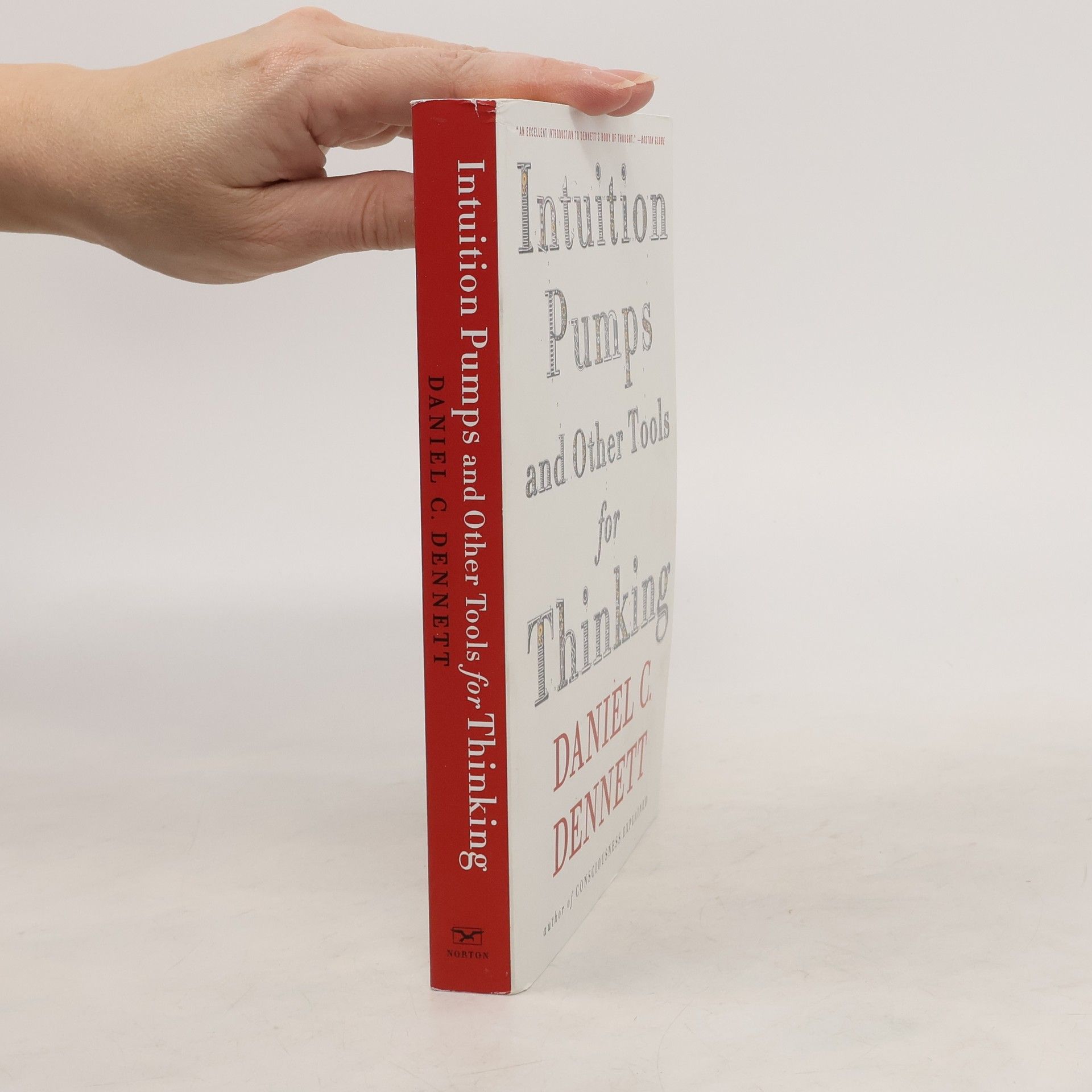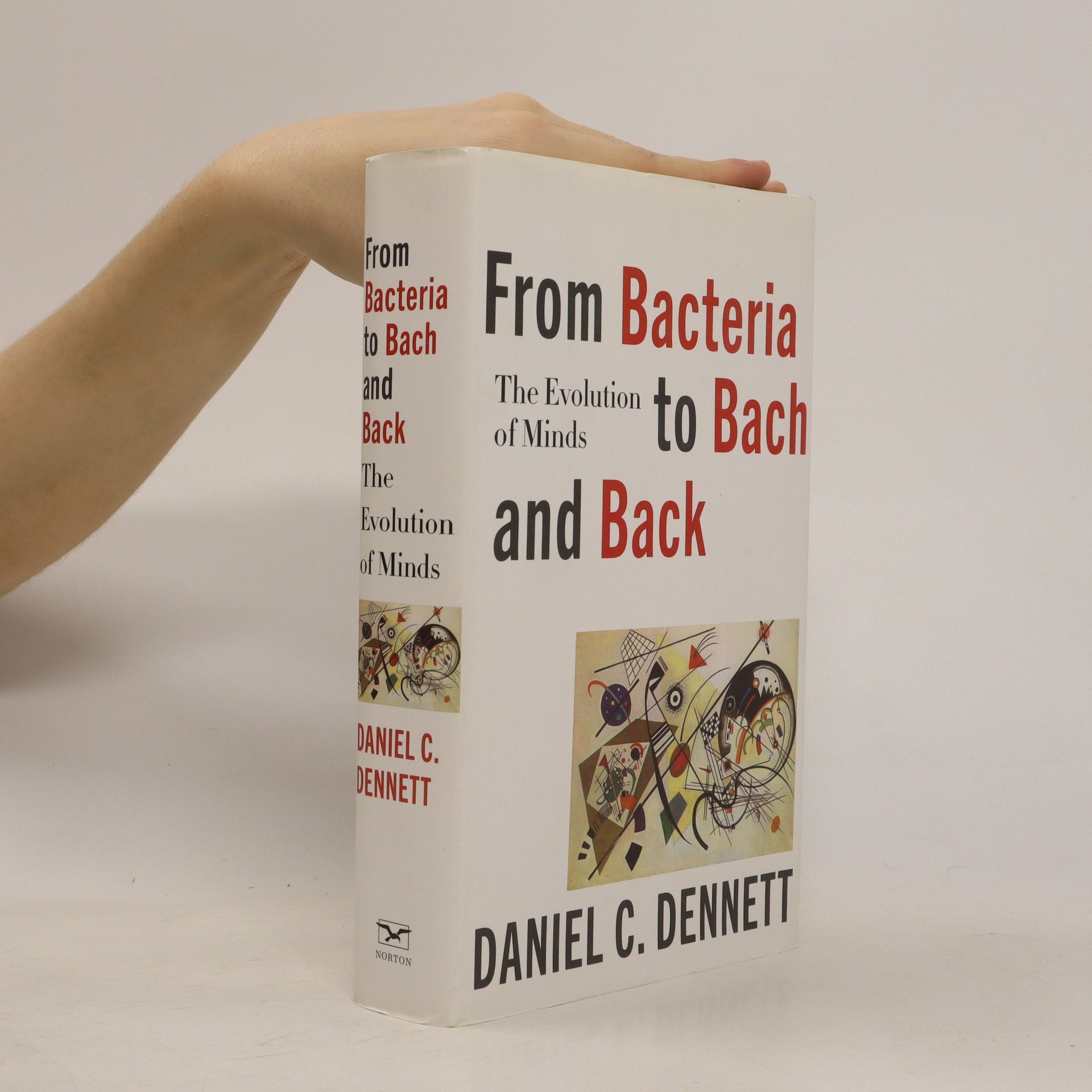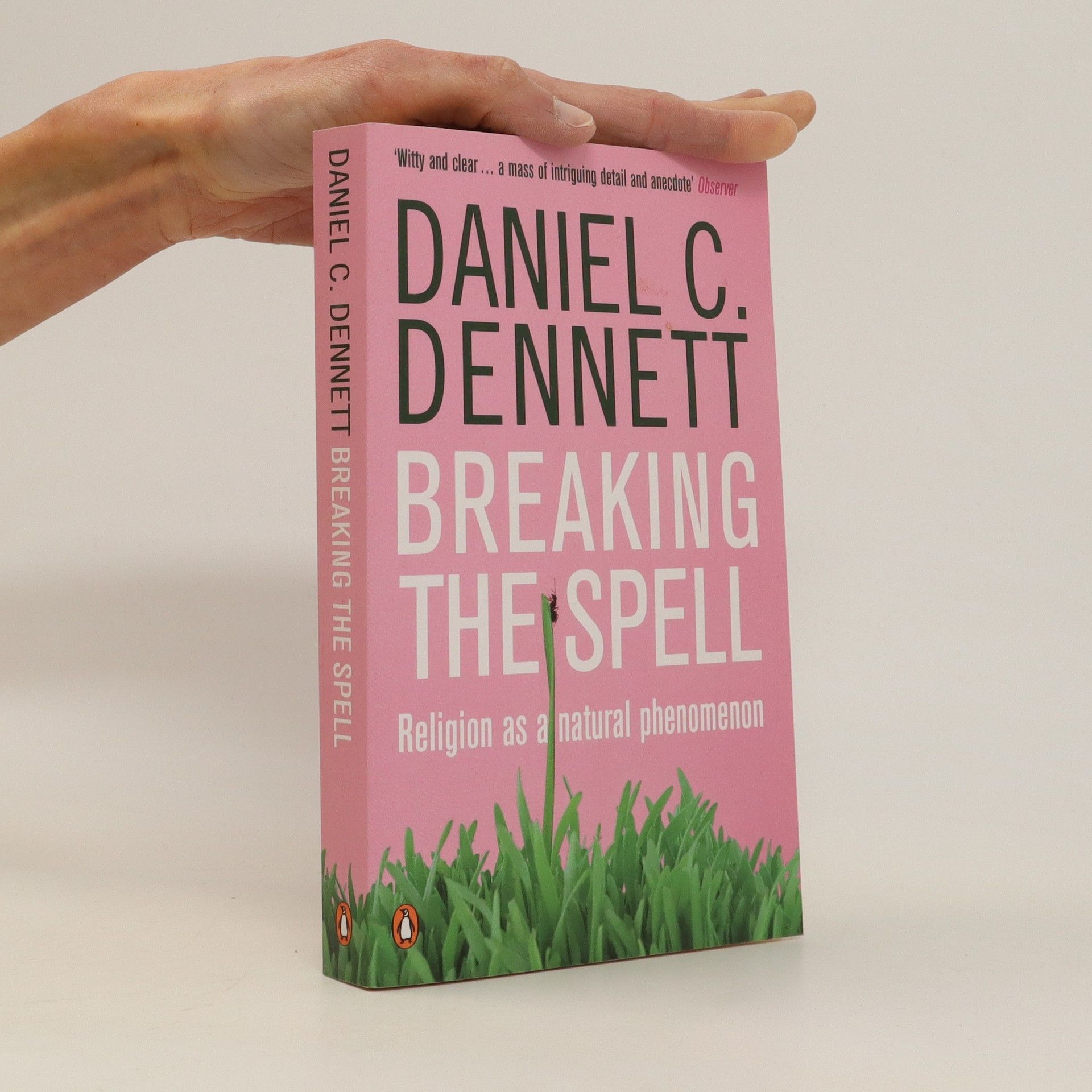A collection of 17 essays exploring the central issues of the philosophy of the mind, and human interaction with psychology and evolutionary biology. This book questions the relationship between psychology and morality as well as exploring the concept of human intentionality. It argues that intentional attributes such as desires, goals, beliefs and knowledge are purely mechanistic.
Daniel Clement Dennett Bücher
Daniel Dennett ist ein bedeutender Philosoph, dessen Werk sich mit der Philosophie des Geistes, der Wissenschaft und der Biologie beschäftigt. Seine Forschung untersucht die Schnittstelle von Evolutionsbiologie und Kognitionswissenschaft und erforscht die Natur des Bewusstseins und des Geistes. Dennetts Schreibstil zeichnet sich durch Klarheit und Überzeugungskraft aus, wenn er komplexe Konzepte entmystifiziert und konventionelle Ansichten über menschliche Kognition und ihren Platz im Universum hinterfragt. Seine Schriften laden zu tiefen Reflexionen darüber ein, was es bedeutet, im Lichte des modernen wissenschaftlichen Verständnisses ein Mensch zu sein.
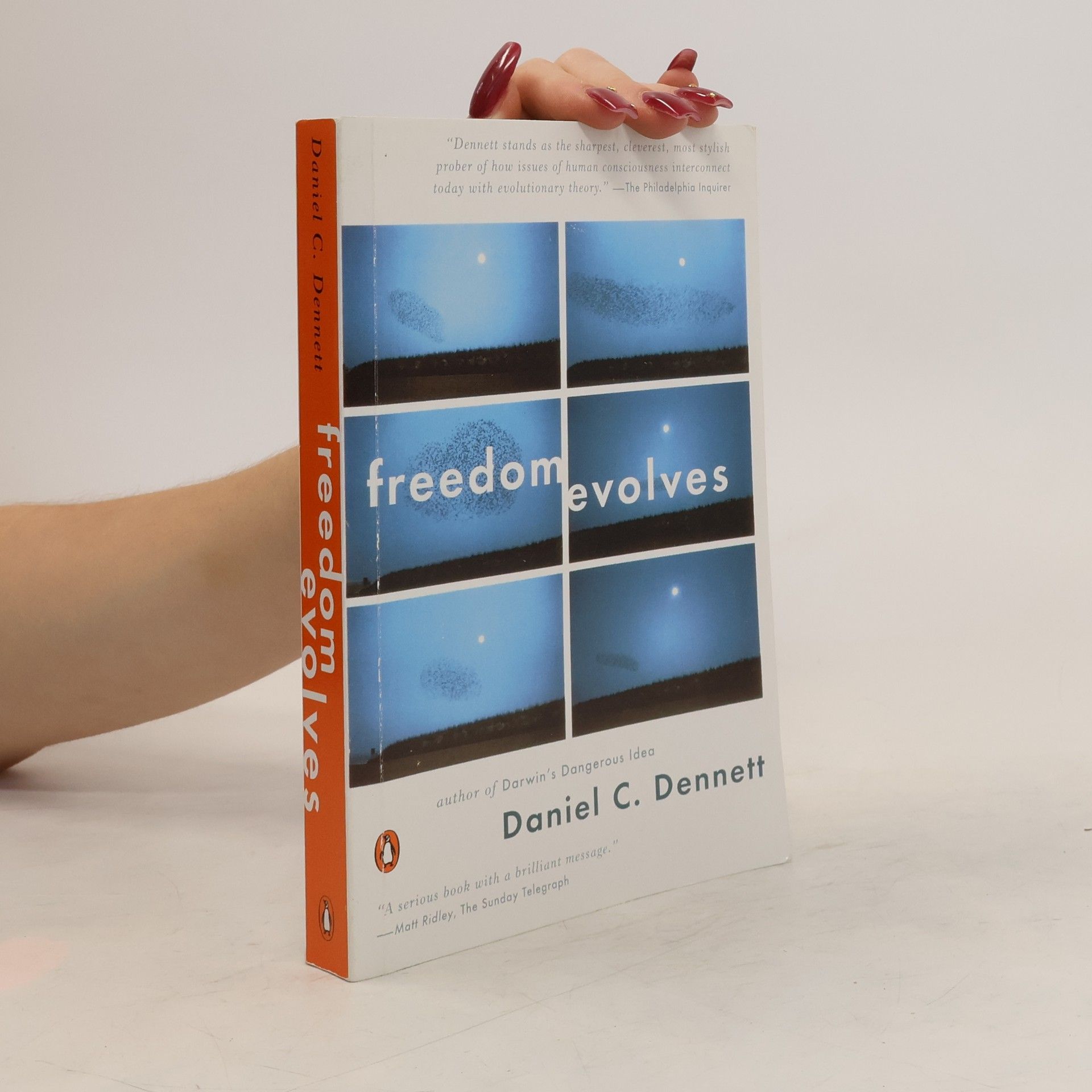
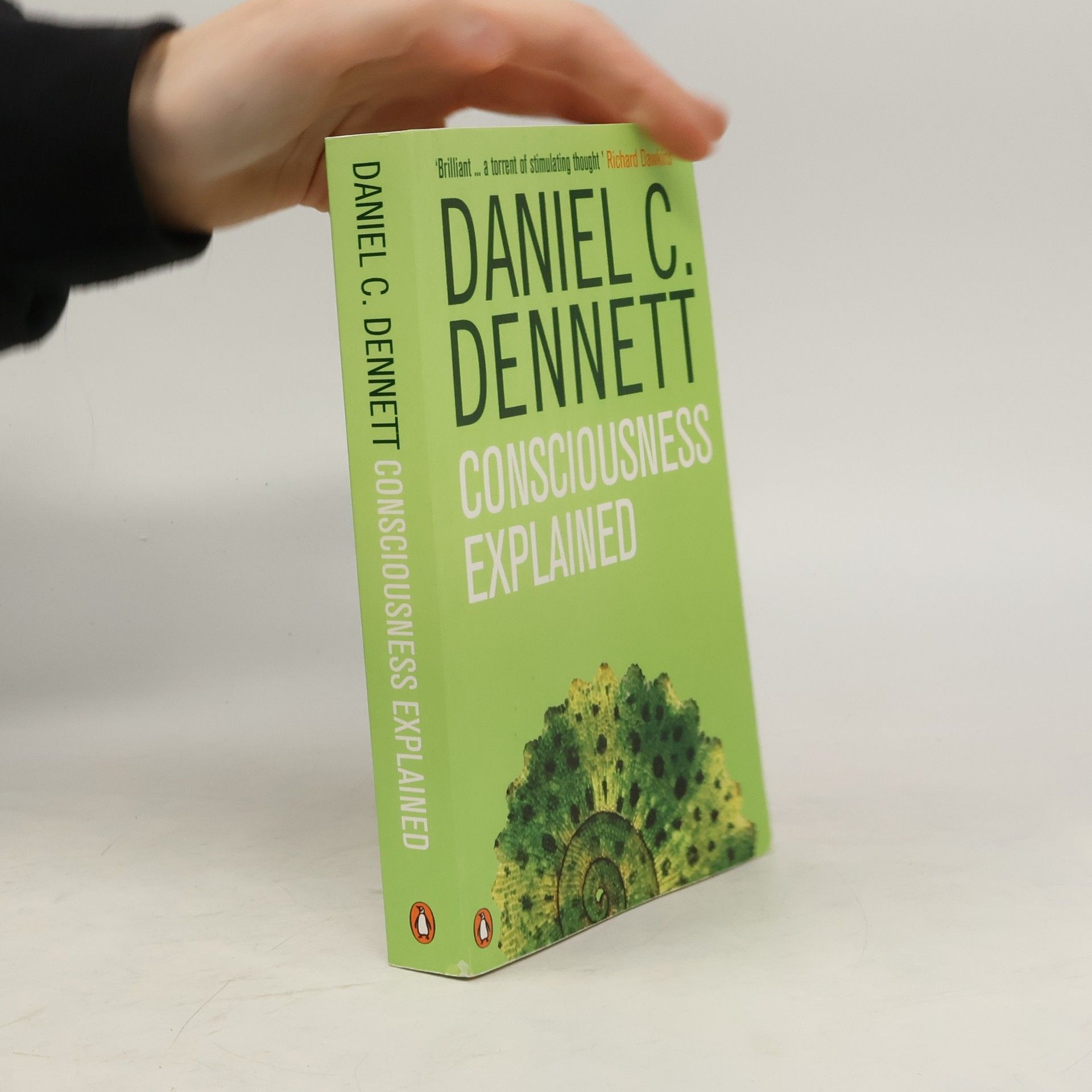
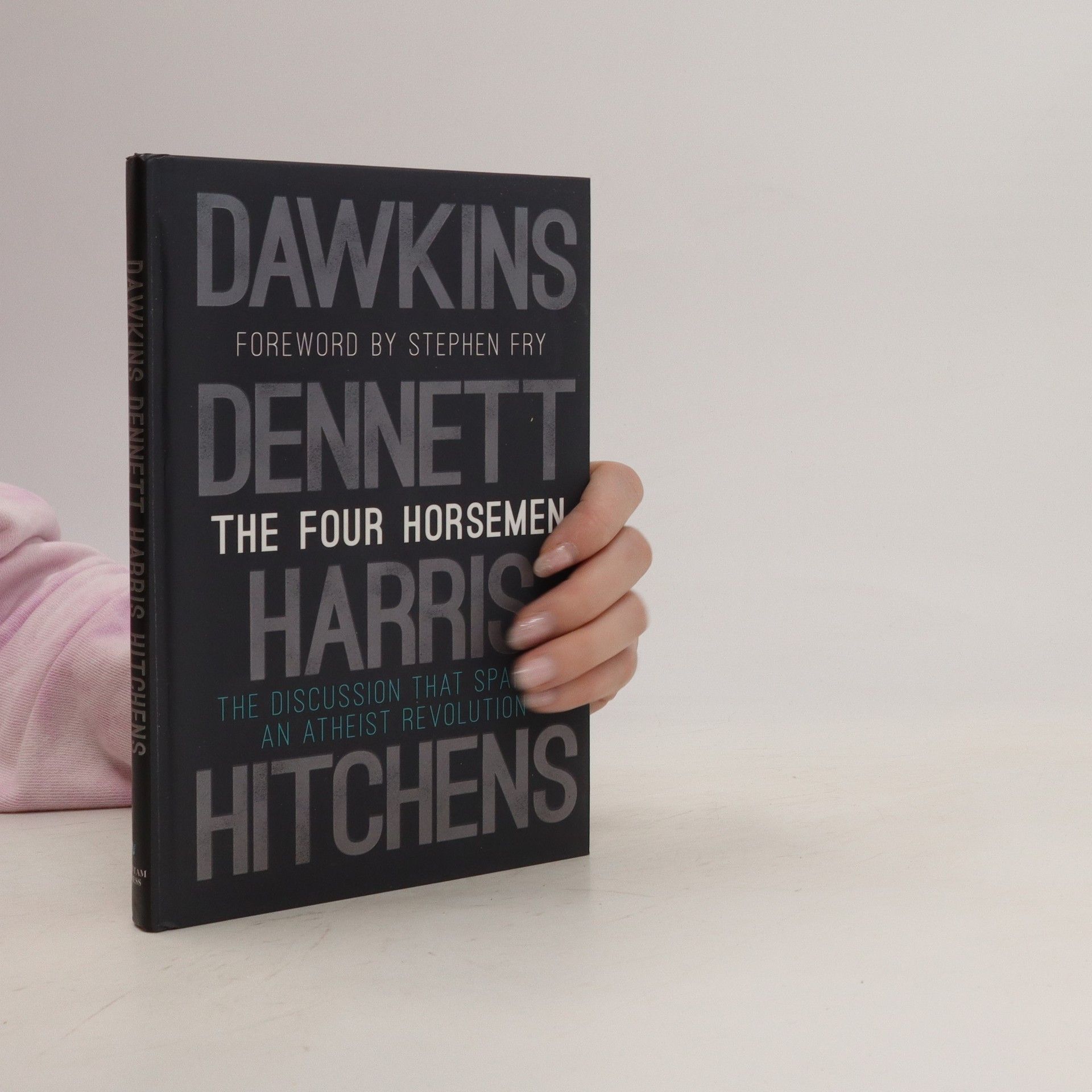


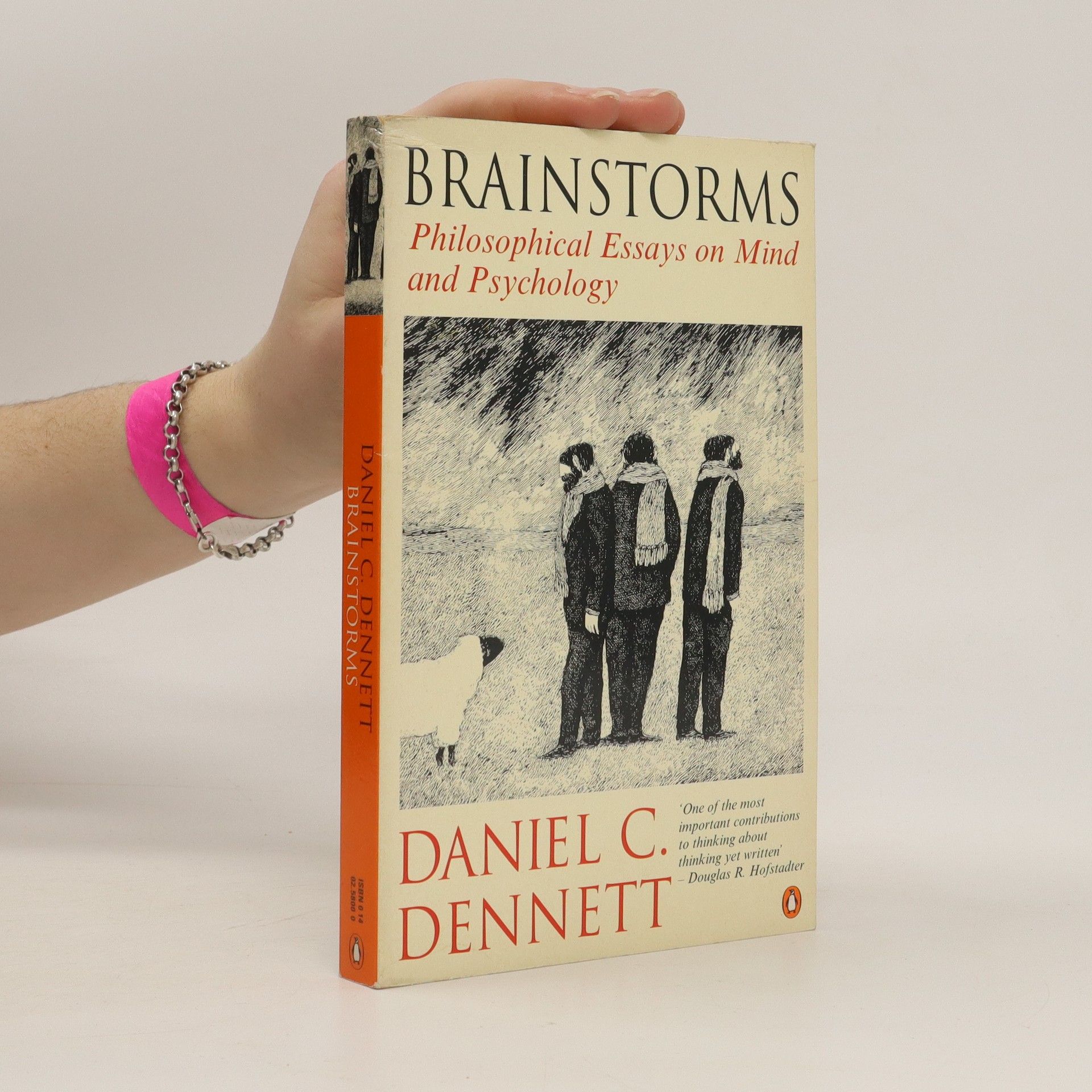
Wer oder was ist das Ich, das denkt, wenn es „Ich“ denkt? Was und wo ist diese merkwürdige Instanz, von der wir noch nicht einmal sagen können, ob wir sie haben oder sind? Diese seltsame Schleife in der verwickelten Hierarchie unseres verwickelten Geistes, die wir nur notdürftig mit den Begriffen Ich, Selbst, Seele, Selbstbewußtsein umschreiben können? Jeder, der sich diesen uralten Fragen stellt, stürzt kopfüber in die größten Wirrnisse. Auch Douglas R. Hofstadter und Daniel C. Dennett können keine direkten, simplen Antworten geben, aber sie haben jene Wirrnisse vorgeführt und anschaulich werden lassen. Mit entwaffnender Offenheit gestehen sie, daß es ihre Absicht sei, „jedermann kräftig durcheinanderzurütteln: diejenigen, die eine rigide, bierernste, wissenschaftliche Anschauung von der Welt hegen, ebenso wie diejenigen. die eine religiöse, spiritualistische Vorstellung von der menschlichen Seele haben“. Das Vexierspiel ist den Autoren aufs schönste gelungen; sie präsentieren ein Panoptikum des menschlichen Nachdenkens über sich selbst, einen aufregenden, hochprozentigen Gedankencocktail, der den Leser dazu verführen will, sich seine eigenen Gedanken zu machen: „Dieses Buch soll seine Leser provozieren, in Unruhe versetzen, in Verwirrung stürzen, soll das Selbstverständliche fremd und vielleicht das fremdartige selbstverständlich werden lassen.“
Der erweiterte Phänotyp
- 352 Seiten
- 13 Lesestunden
Der erweiterte Phänotyp - ein Klassiker der Evolutionsbiologie Richard Dawkins betrachtet dieses 1982 erschienene, 1999 überarbeitete und ergänzte Buch als seinen Hauptbeitrag zur Evolutionsbiologie und als Nachfolgewerk seines Bestsellers Das egoistische Gen. Für die deutschsprachige Übersetzung hat Richard Dawkins ein neues Vorwort verfasst. Dawkins erweitert in diesem Buch den Begriff des Phänotyps (als Summe aller Merkmale eines Individuums) auf die Auswirkungen der Gene dieses Individuums auf die Umwelt und auf andere Lebewesen. Beispiele sind die durch den Fortpflanzungstrieb des Bibers entstehenden Bauten, die drastische Auswirkungen auf die Umwelt haben können, oder das Gen eines Parasiten, welches das Verhalten seines Wirtes zum Nutzen des Parasiten (Saitenwurm) verändert. Dawkins betont mit diesem Ansatz die genzentrierte Sicht des Lebens. Im letzten Kapitel des Buches unternimmt er den Versuch, den Organismus neu zu definieren. Ich behaupte, dass die meisten Wissenschaftler, die meisten Autoren ein Werk haben, von dem sie sagen würden: Egal, ob Sie noch nie etwas von mir gelesen haben, lesen Sie wenigstens dies! Richard Dawkins
The four horsemen : the discussion that sparked an atheist revolution
- 160 Seiten
- 6 Lesestunden
Known as the "four horsemen" of the New Atheism, four thinkers of the twenty-first century met only once. Their examination of ideas was wide-ranging. Everything that was said as they agreed and disagreed with one another, interrogated ideas and exchanged insights about religion and atheism, science and sense speaks to our present age. The dialogue was recorded, and is transcribed and presented in this book
Consciousness explained
- 528 Seiten
- 19 Lesestunden
This book revises the traditional view of consciousness by claiming that Cartesianism and Descartes' dualism of mind and body should be replaced with theories from the realms of neuroscience, psychology and artificial intelligence. What people think of as the stream of consciousness is not a single, unified sequence, the author argues, but "multiple drafts" of reality composed by a computer-like "virtual machine". Dennett considers how consciousness could have evolved in human beings and confronts the classic mysteries of consciousness: the nature of introspection, the self or ego and its relation to thoughts and sensations, and the level of consciousness of non-human creatures.
Freedom Evolves
- 368 Seiten
- 13 Lesestunden
Can there be freedom and free will in a deterministic world? Renowned philosopher Daniel Dennett emphatically answers "yes!" Using an array of provocative formulations, Dennett sets out to show how we alone among the animals have evolved minds that give us free will and morality. Weaving a richly detailed narrative, Dennett explains in a series of strikingly original arguments—drawing upon evolutionary biology, cognitive neuroscience, economics, and philosophy—that far from being an enemy of traditional explorations of freedom, morality, and meaning, the evolutionary perspective can be an indispensable ally. In Freedom Evolves, Dennett seeks to place ethics on the foundation it deserves: a realistic, naturalistic, potentially unified vision of our place in nature.
From bacteria to bach and back : the evolution of minds
- 256 Seiten
- 9 Lesestunden
'Required reading for anyone remotely curious about how they came to be remotely curious' Observer 'Enthralling' Spectator What is human consciousness and how is it possible? These questions fascinate thinking people from poets and painters to physicists, psychologists, and philosophers. This is Daniel C. Dennett's brilliant answer, extending perspectives from his earlier work in surprising directions, exploring the deep interactions of evolution, brains and human culture. Part philosophical whodunnit, part bold scientific conjecture, this landmark work enlarges themes that have sustained Dennett's career at the forefront of philosophical thought. In his inimitable style, laced with wit and thought experiments, Dennett shows how culture enables reflection by installing a profusion of thinking tools, or memes, in our brains, and how language turbocharges this process. The result: a mind that can comprehend the questions it poses, has emerged from a process of cultural evolution. An agenda-setting book for a new generation of philosophers and thinkers, From Bacteria to Bach and Back is essential for anyone who hopes to understand human creativity in all its applications.
Intuition Pumps And Other Tools for Thinking
- 512 Seiten
- 18 Lesestunden
One of the world's leading philosophers offers aspiring thinkers his personal trove of mind-stretching thought experiments. Includes 77 of Dennett's most successful "imagination-extenders and focus-holders.O
From Bacteria to Bach and Back
- 496 Seiten
- 18 Lesestunden
One of America's foremost philosophers offers a major new account of the origins of the conscious mind.
Breaking the spell : Religion as a natural phenomenon
- 464 Seiten
- 17 Lesestunden
Offering a challenge to society and a different history of belief, this book discusses why and how different faiths have commanded allegiance and shaped so many lives. It argues for the need to understand this multifaceted phenomenon, and also presents a comprehensive explanation for religion.

